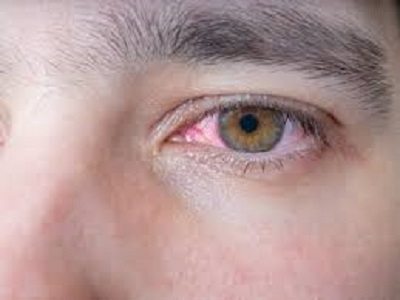
There could be several reasons you are itching. We at On Call Medical Clinic would like to share some reasons why you are itching. These possible reasons may help you discover the case.
Problems with your Thyroid
It’s a gland in your neck that makes a hormone that helps your body store and burn energy. If it doesn’t make enough, you could feel tired, weak, achy, and foggy-headed. You could also get dry, itchy skin. It’s more common in women who might notice changes in their monthly cycle or problems getting pregnant.
Pregnancy
When you’re expecting, your body sends more blood to the skin and stretches it over your belly, which may cause mild itching. You can manage it with loose, breathable clothing, cool baths, and moisturizers. If the itching is very bad, especially on your hands or feet, it could be a more serious condition called cholestasis. It’s caused by a buildup of bile salts from your liver. Tell your doctor about this.
Diabetes
Skin problems are sometimes the first sign of this disease. If you’re itchy, it could be a yeast infection or dry skin, among other things. When circulation is the problem, your lower legs may be the itchiest. It’s important to treat your diabetes, but you can also soothe the itch if you take shorter showers or baths, use mild soap, and moisturize afterward.
Pinched Nerve
This could be the cause if you have an itchy patch with no rash in just one area of your body. It can happen in a fall or an accident or because you repeat a movement too much, like typing. An infection might lead to swelling that presses on a nerve. Sometimes it goes away with rest, anti-inflammatories, and physical therapy, but you may need surgery if you have a serious case.
Mediation
They sometimes cause a reaction that makes you itch. You may have a rash, but not always. Sometimes your skin looks normal and itches anyway. Typical culprits include antibiotics, antifungals, antimalarials, and narcotic pain drugs like opioids. Talk to your doctor about this.
Lack of Iron
It causes anemia, which means you don’t have enough red blood cells. That may make you tired, weak, and short of breath. And your skin could get pale and itchy. You can get iron from red meat, beef liver, oysters, and dark chocolate. And manufacturers add it to breakfast cereals. Ask your doctor about how to avoid foods and medications that make it harder to absorb iron and find out if supplements are a good idea for you.
Restless Leg Syndrome
It may feel as if the tissue deep under your skin is crawling, creeping, aching, tingling, or itching. You get a strong urge to move your leg, especially if you’ve been still a while. Doctors aren’t sure what causes it, but it could have something to do with a brain chemical called dopamine. There are medications that can treat it.
We at On Call Medical Clinic hope that this information will be helpful to help answer some questions about itching. We gathered this information from the WebMD website. Please remember that we at On Call Medical Clinic are here 7 days a week to help when you have a minor illness or injury. Our well-trained professional staff is here ready to help. Please visit our website at https://www.oncallclinic.com/ to review all the medical and skin care services we offer.


